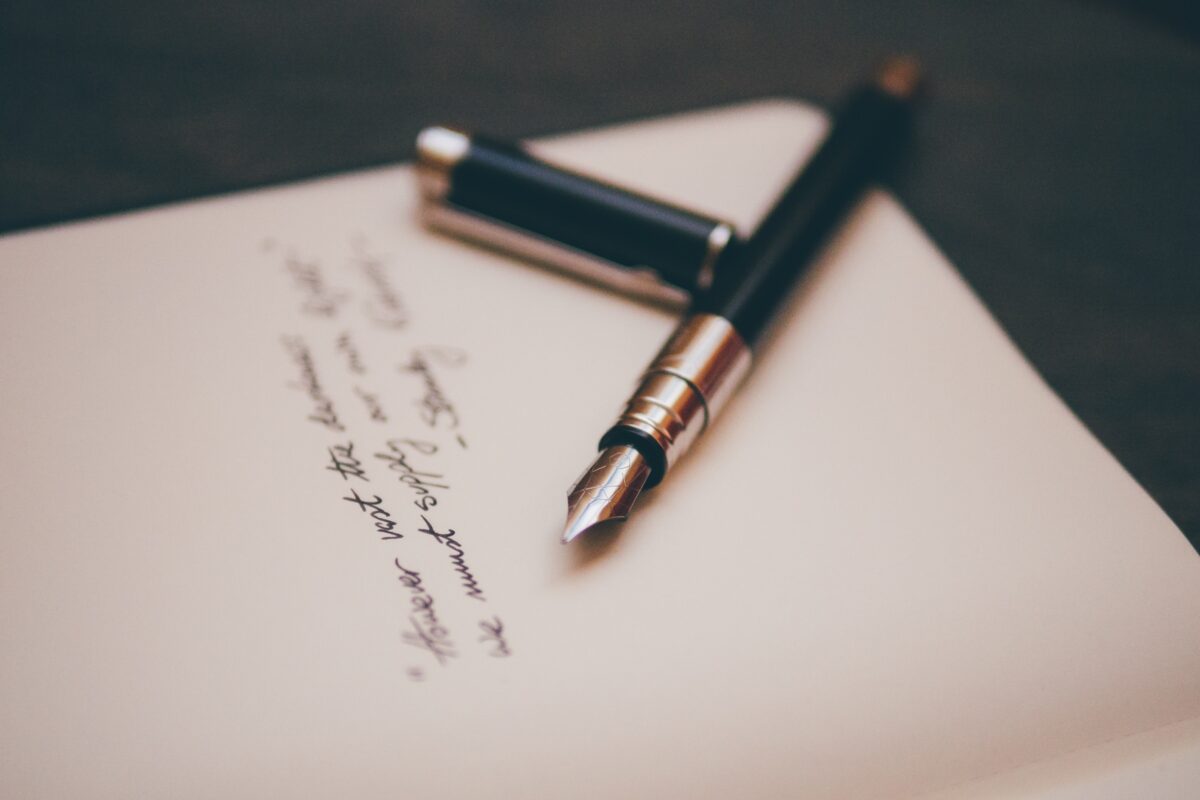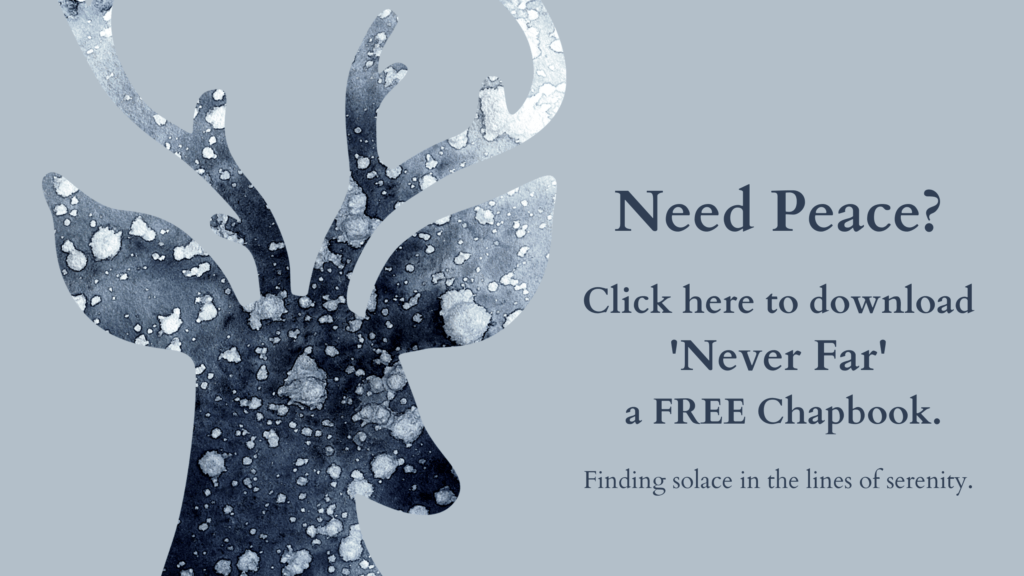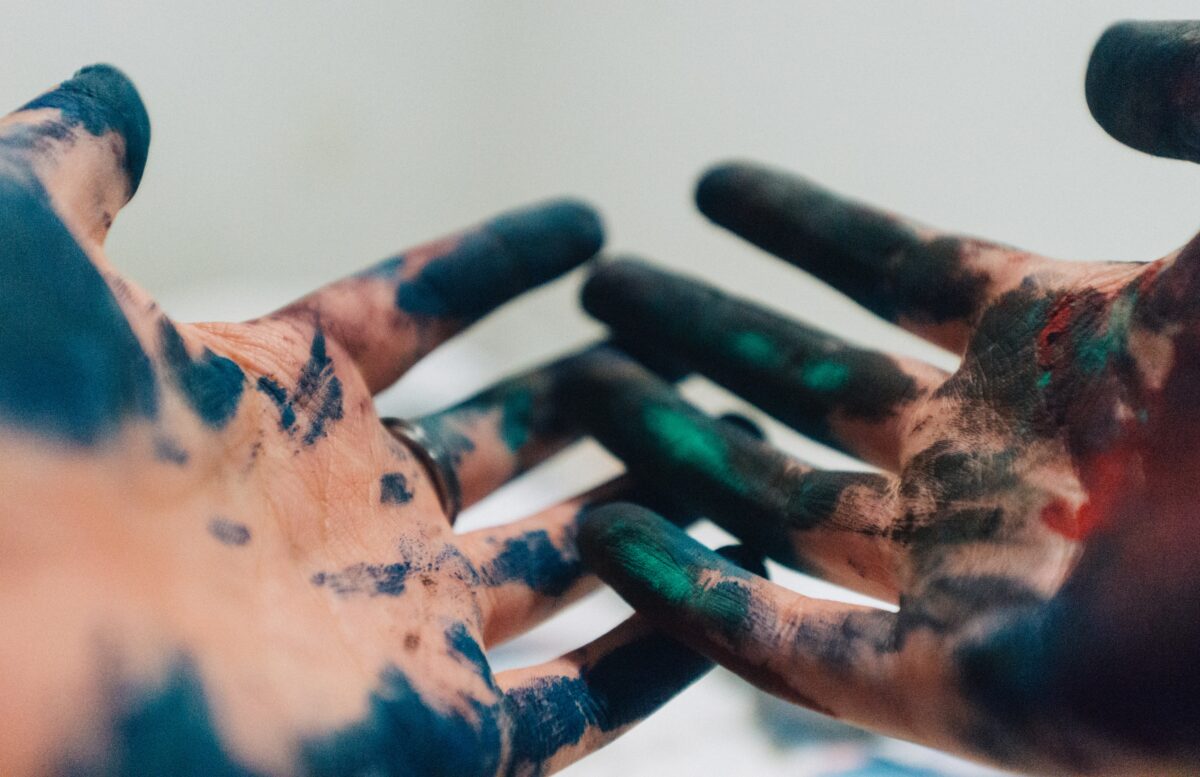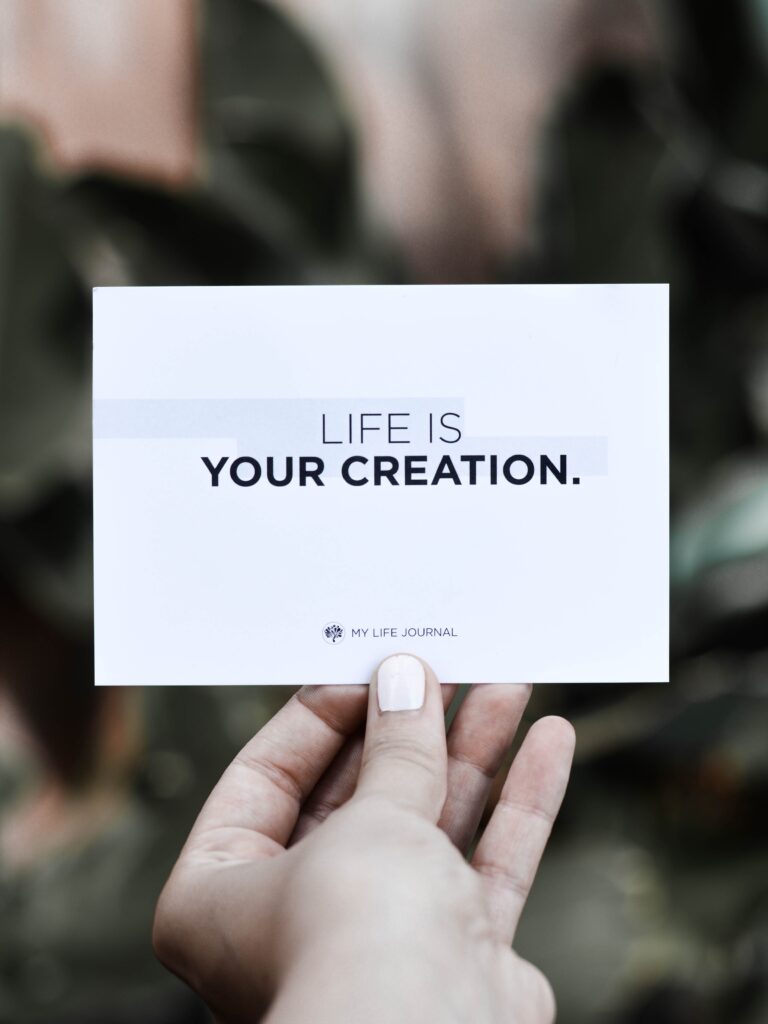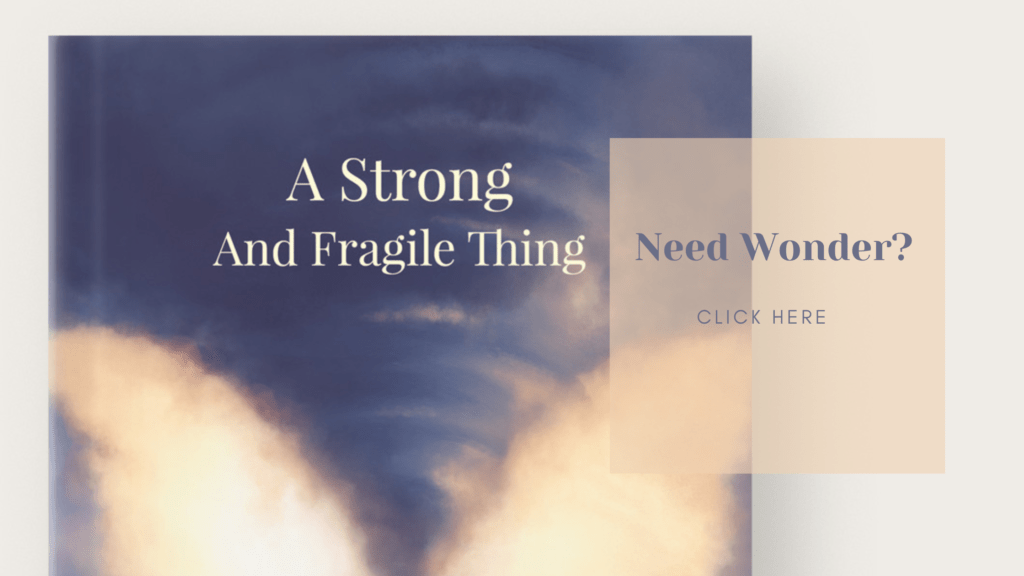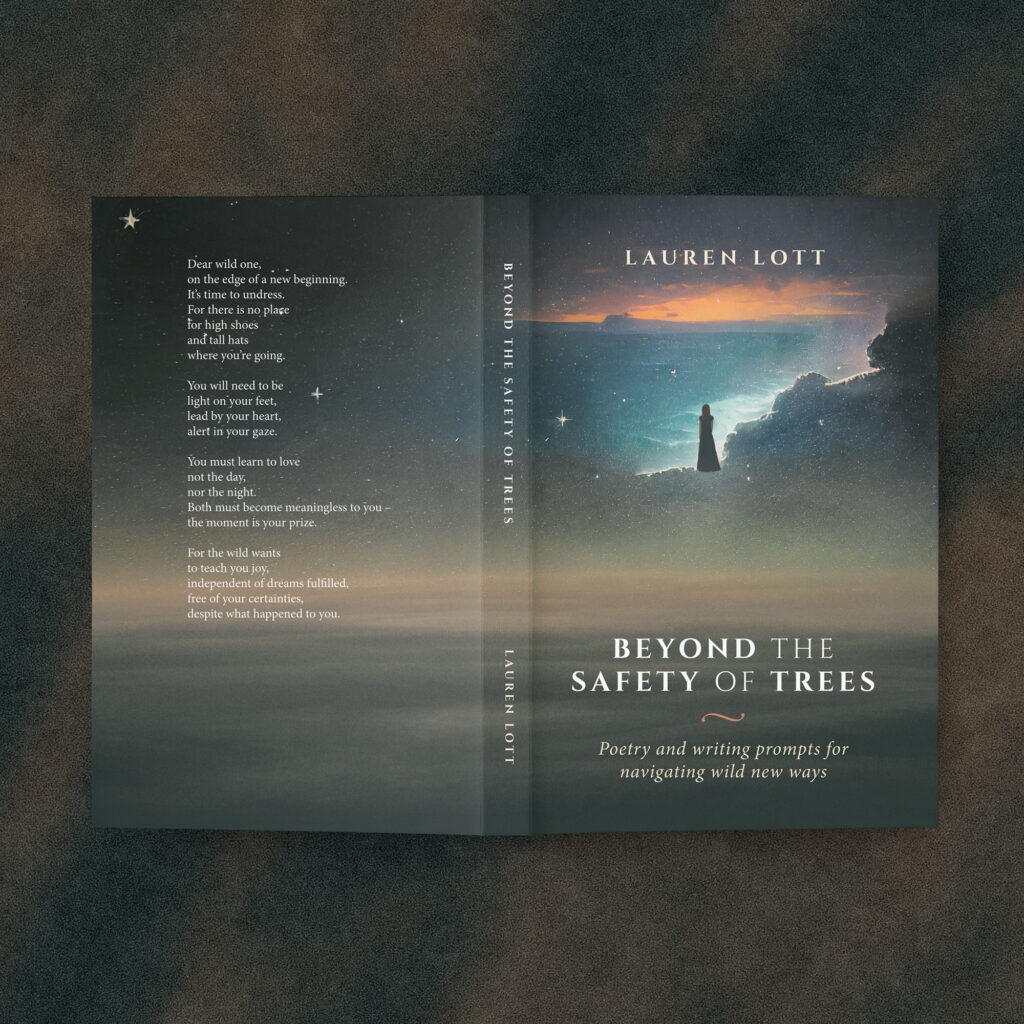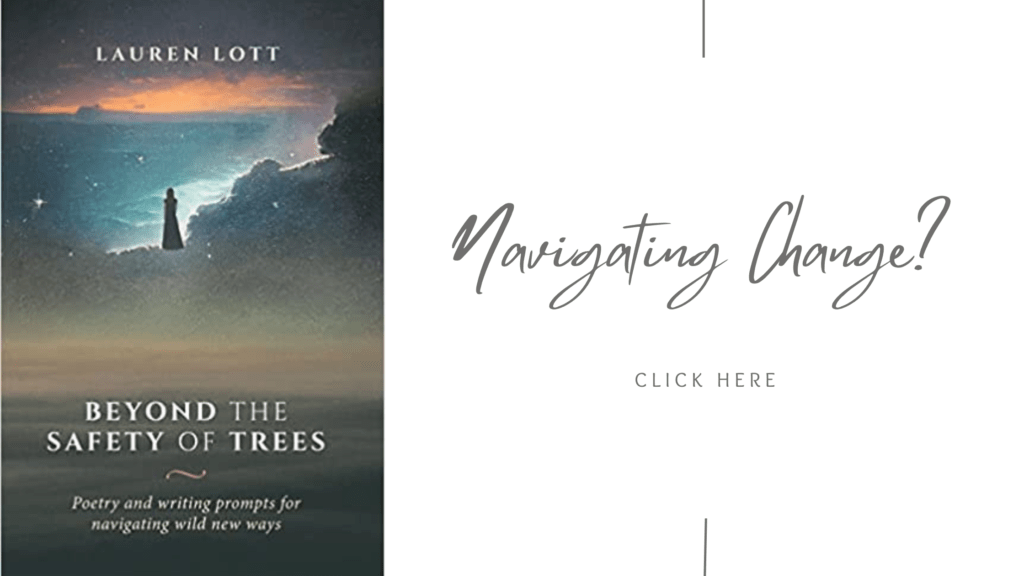Before the year ends, I thought it would be fitting to reflect on the best of my blog in 2023. This year has been full of unexpected turns and there has been a need for patience and deep trust. It has also been a year, unlike the last 5, where I can see a definite progression in my life.
And so, friends, here are the top five blog posts that captured both your attention and the essence of 2023.
1. Allow and Align: The Power of Letting Go and Being in Flow
In a world that often urges us to control every aspect of our lives, “Allow and Align” emerged as a mantra for navigating the unpredictability of 2023.
In June we were told that we had six weeks to find a new place. It was the 4th move in 5 years and at the time our state was in the middle of a rental crisis. Lots of renters, limited amount of rentals. (Not to mention the souring rental prices.)
For a number of weeks we had no idea where we were going to live. There was nothing available in our area and when a house did come up for rent it was unsuitable for raising three teens. This predicament caused me great discomfort, disappointment and stress. I needed to find my peace. I needed to find a way to let go of outcomes and embrace the flow of life.
And so, through reading, journaling and contemplation I discovered 5 things that helped me to manage my inner world and accept my circumstances, giving way to whatever came next. They include: Practising being present and fully engaged in the moment. Trusting the process. Following peace. Letting go of attachments. And retreating.
You can read about how these things transformed my perspective and helped me to not only cope with the situation, but enjoy it, here.
2.Four Reasons You Are More Creative Than You Think
In this blog post, we explored the idea that creativity is not exclusive to artists or innovators. “Four Reasons You Are More Creative Than You Think” celebrates the inherent creativity within each of us and offers insights into nurturing and expressing it.
After posting this one, many of you told me that you no longer perceive yourself as uncreative. This feedback was a delight for me. If there is anything I would tell my 10-year-old self-it’s that your creativity is to be fully embraced.
From reframing failures as opportunities to embracing curiosity, this post is all about unlocking your creative potential. It highlights the fact that we are always problem solving, connecting seemingly unrelated things, learning and perceiving the world from our own unique perspective.
If you feel It’s time to recognize the ways in which you are already creative, start to tap into that potential and develop your skills even further, click here to read more.
3. Healing Words: How Writing Poetry Can Help You Find Meaning
Words have the power to heal, and this post emphasises the therapeutic benefits of writing. It delves into the cathartic nature of putting emotions into words and unravels the healing potential embedded in the lines of a poem.
Personally, poetry has also been a valuable tool for healing. It has helped me to process my feelings, find meaning in my experiences, and move forward in a positive way. Unlike other forms of writing, such as journaling or free writing, poetry requires I pay close attention to language and form. This helps me to articulate my feelings or experiences in a clear and concise way.
I wrote this one because I wanted to encourage readers to pick up a pen and explore the profound connection between writing and finding meaning in life. You don’t need to be good with words. Even a short piece, just a couple of sentences, can help bring clarity and relief for pain and distress.
To delve a little deeper and discover tips on how you can use writing poetry as a tool for finding meaning click here.
4. Exploring the Struggle to Articulate Inner Turmoil
At times, I have struggled to articulate inner turmoil. For me, this became a barrier to understanding and growth. When words don’t work, we often find other ways to express our pain. If it’s creative, this can lead to positive outcomes, however, sometimes the inability to say how we feel can lead to destructive expressions that cause others and ourselves increased pain.
“Exploring the Struggle to Articulate Inner Turmoil” confronts this challenge head-on, offering a raw and authentic look at the difficulties we can have in expressing complex emotions. In this post, I unpack the weight of what can not be said, the limitations of language, our need to explore expression and embrace the mystery and complexity of our experiences.
If you need a little insight on how to navigate unspeakable experiences, you’re not alone. Click here to read more about my struggle to articulate inner turmoil.
5. Creating Something New: Expectations vs. Reality
Creation often comes with a set of expectations. In “Creating Something New: Expectations vs. Reality” I address the balance that is needed between creative aspirations and the reality of the creative process.
This blog post highlights the common pitfalls of creative expectations and provides tips for embracing the authentic, sometimes messy, journey of bringing ideas to life.
I have learnt that although my expectations are never met, and what I create hardly ever resembles exactly the idea I had of it in my head, creativity pays off. I have also learnt that every new thing I put out into the world requires long-term vision, perseverance, and a willingness to let others make it their own.
The purpose of this post is to illustrate that although bringing something new into the world is often a complex, emotionally taxing, non-linier collaboration, it is totally, completely, utterly worth it, and you should definitely, absolutely, one hundred percent do it! Read more here.
And so friends, that’s a wrap. Thank you for turning up. Thank you for giving my little corner of the internet a few of your highly prized moments this year. Thank you for engaging, commenting, messaging, and adding richness to my life.
In 2024, I am focusing on the themes within my books, unpacking my poetry and hopefully leaving you with words that build you up and make you feel like the absolute miracle that you are.






